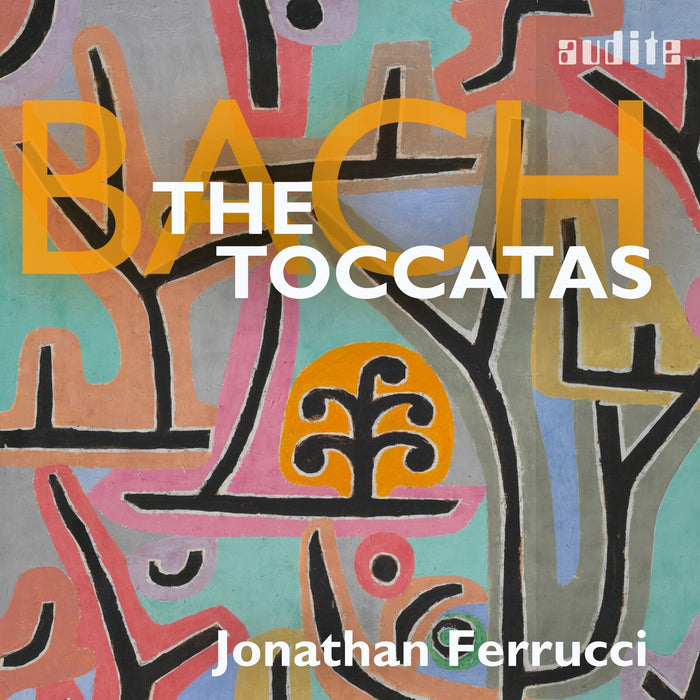Description
For the first time, this edition makes available Herbert von Karajan's previously unreleased early
live recordings from the Lucerne Festival, made in a decade during which Karajan was rebuilding
his career. Included are legendary soloists such as Clara Haskil and Geza Anda, Robert Casadesus
and Nathan Milstein.
The Internationale Musikfestwochen Luzern (today's Lucerne Festival) was the first promoter outside Austria to engage Herbert von Karajan after his performance ban and denazification proceedings, thus enabling him to return to international podiums. "I will always be indebted", Karajan later confessed. For almost four decades, from 1948 to 1988, he was to make his mark on Lucerne Festival. His annual appearances with the Berlin Philharmonic (from 1958) enjoyed cult status. But already in the decade before, as documented by this edition, Karajan enthused audiences and critics alike in Lucerne and quickly rose to become the defining artistic personality alongside Wilhelm Furtwangler: he conducted the Philharmonia Orchestra and the Vienna Symphony Orchestra, but above all the Swiss Festival Orchestra, whom he held in high esteem and with whom he performed a total of nine concerts.
The surviving Lucerne live recordings range from Bach's C major Concerto for two Keyboards, BWV1061 (with Clara Haskil and Geza Anda), to Arthur Honegger's Symphonie liturgique. The exciting, rhythmically tight interpretations show Karajan to be an extremely form-conscious, textually faithful conductor of great expressive power. He inspires his orchestras to deliver top performances, whilst also acting as a sensitive yet extremely present accompanist, as for instance in Brahms' Violin Concerto with Nathan Milstein, or in Mozart's dramatic C minor Concerto, K. 491, with Robert Casadesus.
As a digital bonus, the edition also includes Bach's Mass in B minor, which Karajan celebrated at the end of the 1951 festival with the Vienna Symphony Orchestra, the Vienna Singverein and a top-class quartet of soloists (Elisabeth Schwarzkopf, Elsa Cavelti, Ernst Haefliger and Hans Braun): a fascinating sonic document thanks to Karajan's very personal approach, even if stylistically it feels far removed.
The sound of the live recordings on the 3-CD box set has been carefully restored. The 62-page booklet in three languages contains essays by Wolfgang Rathert and Erich Singer on Karajan's career re-launch during the post-war years and on his special relationship with Lucerne Festival. It also includes numerous previously unpublished photos.











